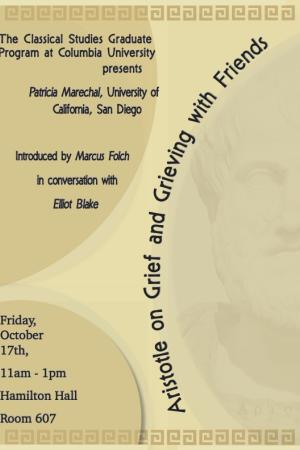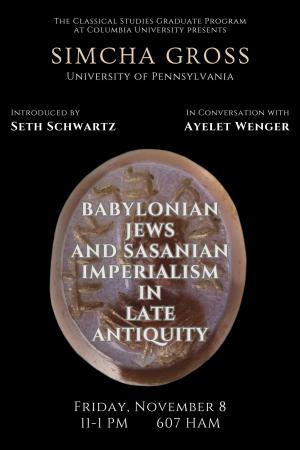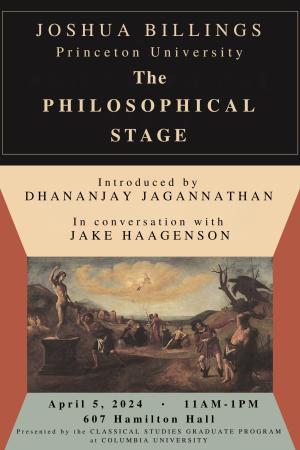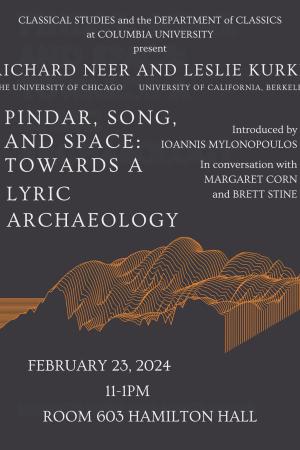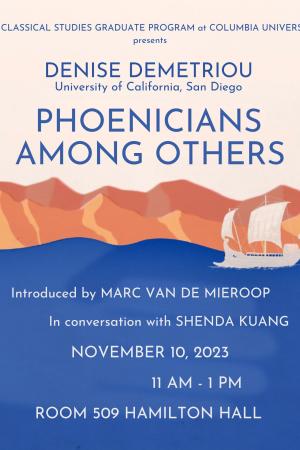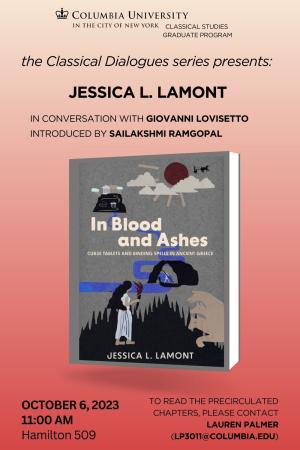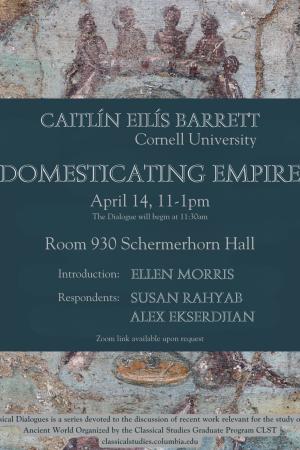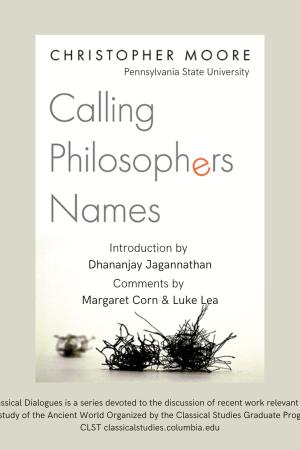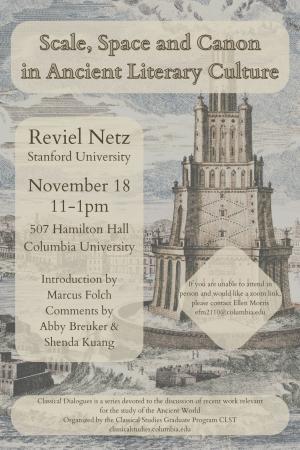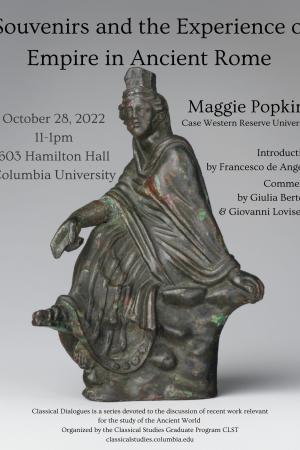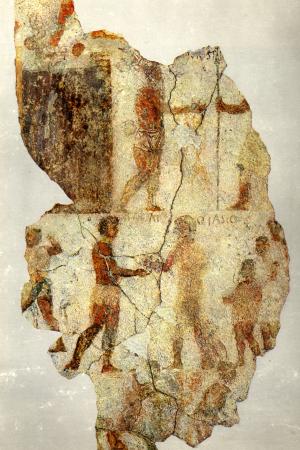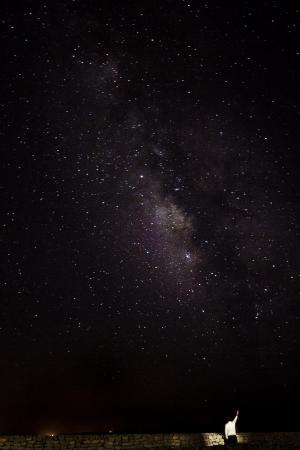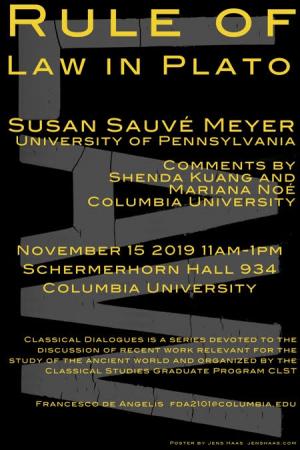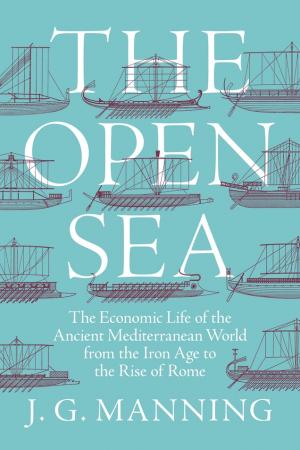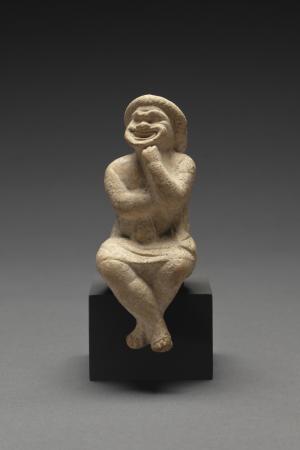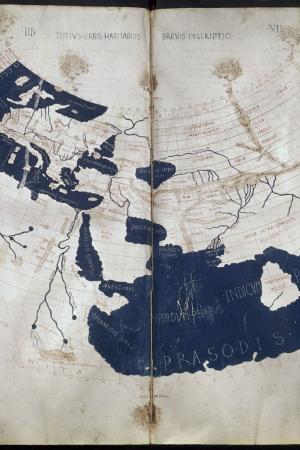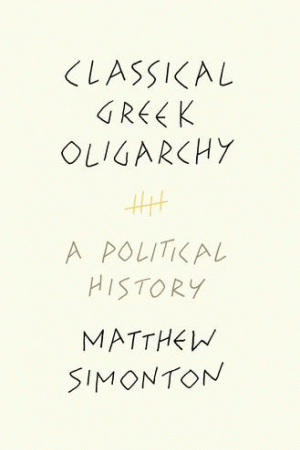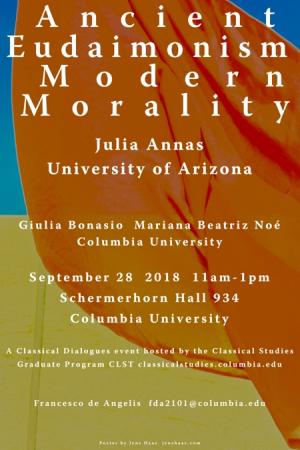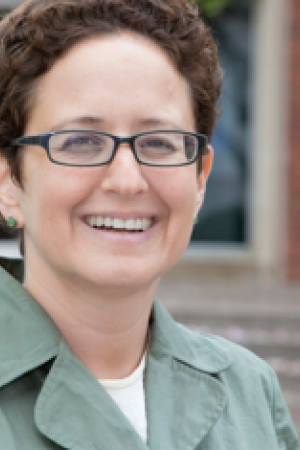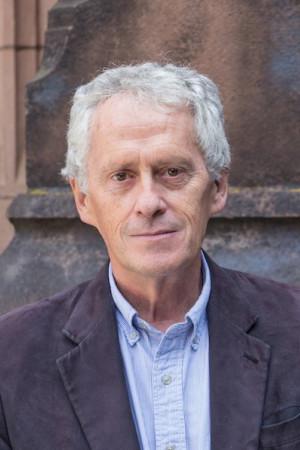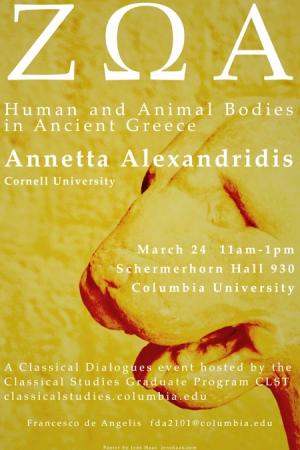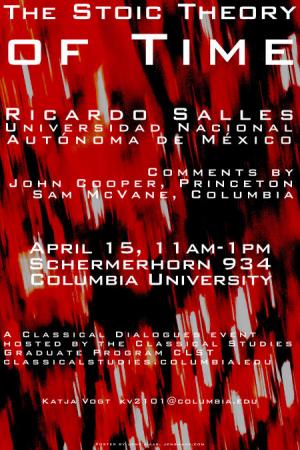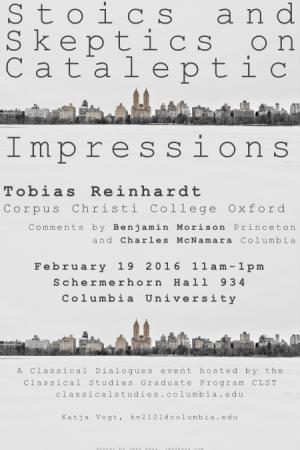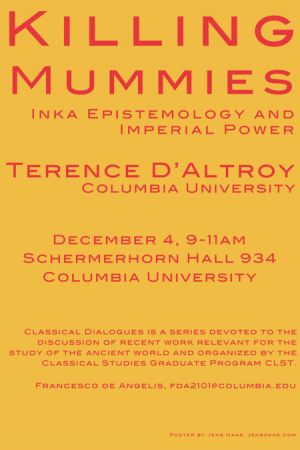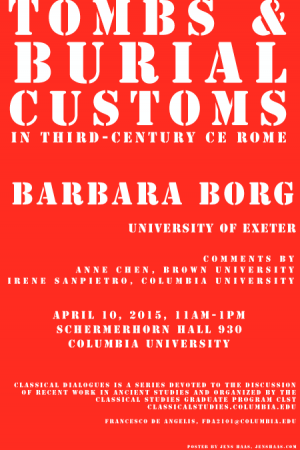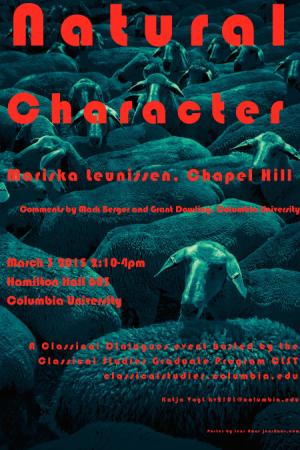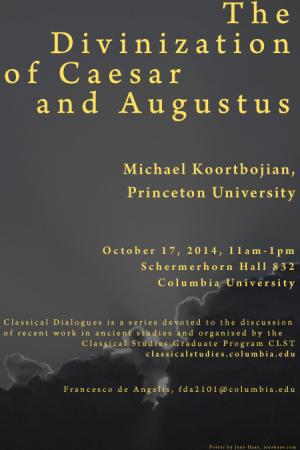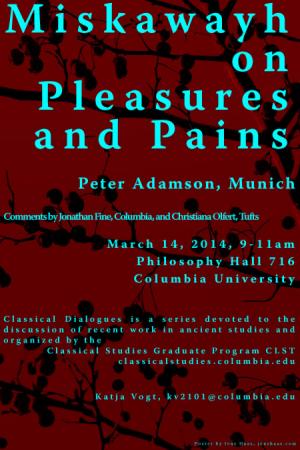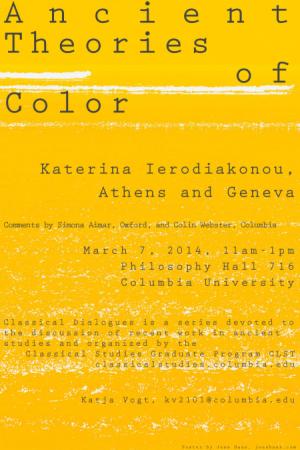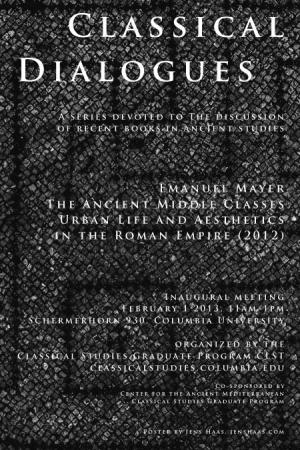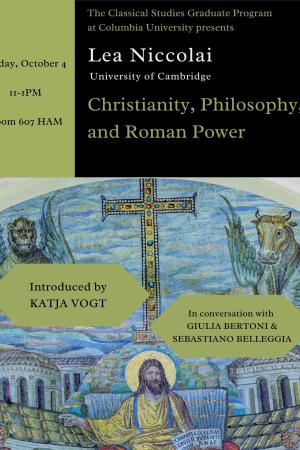 Christianity, Philosophy, and Roman Power: Constantine, Julian, and the Bishops on Exegesis and EmpireLea Niccolai University of CambridgeOctober 4, 2024 - October 4, 2024
Christianity, Philosophy, and Roman Power: Constantine, Julian, and the Bishops on Exegesis and EmpireLea Niccolai University of CambridgeOctober 4, 2024 - October 4, 2024
11:00am - 1:00pm -
Columbia University
As part of its Classical Dialogues series, the Classical Studies Graduate Program at Columbia University is pleased to welcome Lea Niccolai, Professor of Classics at the University of Cambridge. On October 4, from 11am-1pm, she will discuss her book Christianity, Philosophy, and Roman Power: Constantine, Julian, and the Bishops on Exegesis and Empire (Cambridge UP, 2023), which "is filled with insight and fresh thinking that breathes new life into the study of kingship literature and the way Christians successfully adapted classical values to their own uses." Introduction by Katja Vogt (Columbia University) with commentary by Giulia Bertoni (Columbia University) and Sebastiano Belleggia (Columbia University). Location: Room 607 Hamilton Hall.
This book rethinks the Christianisation of the late Roman empire as a crisis of knowledge, pointing to competitive cultural re-assessment as a major driving force in the making of the Constantinian and post-Constantinian state. Emperor Julian's writings are re-assessed as key to accessing the rise and consolidation of a Christian politics of interpretation that relied on exegesis as a self-legitimising device to secure control over Roman history via claims to Christianity's control of paideia. This reconstruction infuses Julian's reaction with contextual significance. His literary and political project emerges as a response to contemporary reconfigurations of Christian hermeneutics as controlling the meaning of Rome's culture and history. At the same time, understanding Julian as a participant in a larger debate re-qualifies all fourth-century political and episcopal discourse as a long knock-on effect reacting to the imperial mobilisation of Christian debates over the link between power and culture.
In its Classical Dialogues series, the interdepartmental Classical Studies Graduate Program CLST at Columbia University invites authors of recent work in ancient studies that is exemplary for the kind of study that CLST aims to foster. All faculty and students at Columbia and beyond are cordially invited. CLST students are required to read carefully at least one chapter or article in advance and prepare questions and comments for discussion.
